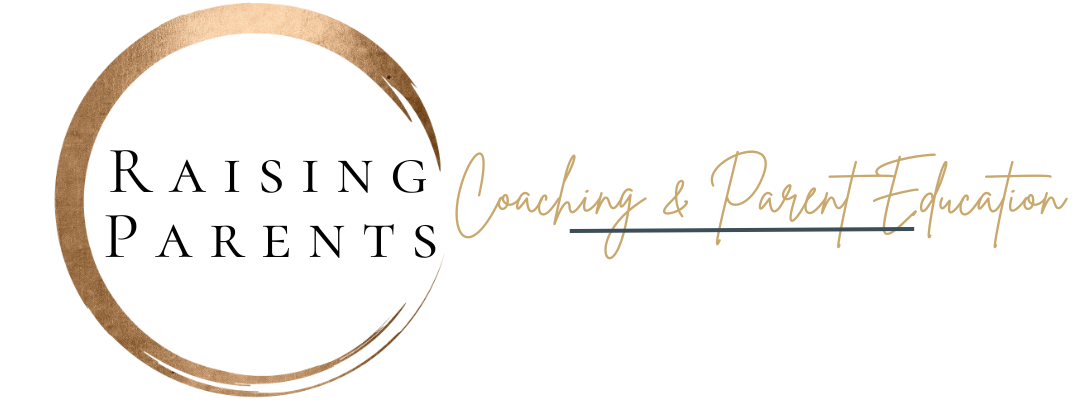June 9th, 2023
Triggered by your kid?
Parenting is an incredible roller coaster ride filled with love, laughter and the occasional desire to run away. Yes, our little bundles of joy have an uncanny ability to push our buttons and send us into a frenzy of emotions. From frustration and anger to worry and fear, these triggers can leave us feeling overwhelmed and questioning our parenting skills. Let’s explore why our kids trigger us, delve into common parental triggers, and offer strategies to manage these while keeping our sanity intact.
The Nature of Triggers
Before we dive into why our kids trigger us, it is essential to understand the nature of our triggers. A trigger is an event, behavior, or situation that activates an emotional response, often connected to past experiences or unresolved issues. These triggers can be conscious or unconscious, causing us to react instinctively without fully understanding how these pint-sized humans can evoke such intense feelings within us.
Why Our Kids Trigger Us
-
- Reflecting On Our Past: This is often the biggest source of parental triggers I see with clients. It’s like our kids have a secret mission to remind us of our own childhood quirks, traumas and unmet needs. They somehow know what behaviors to exhibit that mirror our past, bringing forth emotions we thought were safely tucked away. In this way, our kids invite us to re-parent ourselves as we parent them.
- Expectations: As parents, we often have expectations of how our children should behave or what they should achieve. We envision them as mini superheroes capable of extraordinary feats. But when reality sets in and they exhibit human qualities like messiness, forgetfulness, and the occasional refusal to wear matching socks, it can feel like a slap in the face. Note to self: Lower expectations and embrace the beauty of imperfection.
- Fear and Worry: Our parental instinct to protect our kids is on high alert 24/7. We are ready to pounce at the slightest hint of danger. So when our little adventurers decide to climb trees taller than skyscrapers or engage in questionable experiments involving toothpaste and toilet paper, our anxiety levels shoot through the roof.
- Challenging Our Authority: Our little rebels love to test the boundaries, questioning every rule we set like lawyers in training. All of this is a normal part of their development. However, these power struggles can trigger feelings of frustration and a need to assert control. Then they become the catalysts for our own insecurities about our competence as parents.
Common Triggers in Parenting
-
- Disobedience and Defiance: Cue the dramatic music and let the battle of wills begin. When our children refuse to follow our instructions or challenge our authority, it can trigger feelings of anger, frustration, and a sense of powerlessness. Remember, it’s not personal; most of the time they’re simply testing the boundaries of their world and asserting their independence as part of their normal path of development.
- Messiness and Disorganization: Yes, with kids around, cleanliness and organization often take a backseat. It can feel like living in a three-ring circus, minus the elephants (unless you count the stuffed animal variety). This can trigger feelings of irritability and more desire for control and order.
- Comparison and Judgment: Welcome to the grand show of parenting comparisons! It’s a competition where we judge ourselves against other parents and their seemingly perfect children. Seeing other children achieve milestones or behave differently can trigger self-doubt, anxiety and unnecessary pressure. But let’s break free from the comparisons and remember that every child is unique, with their own talents and quirks. Your child’s journey is a masterpiece in constant progress on their own timeline.
- Rejection and Disconnection: So, you’ve showered your kids with love and affection, only to have them seek comfort from the neighbor’s instead. Ouch! When our children reject our affection or seek comfort from others, it can trigger feelings of sadness, rejection, and self-doubt. We may wonder if we are good enough as parents or if our children truly love us. The love is still there, hiding behind the mask of temporary indifference.
Managing Parental Triggers
-
- Build Self-Awareness: A crucial first step in managing parental triggers is to develop self-awareness. Take time to reflect on your own emotional reactions after a triggering event and explore the underlying reasons behind them. The next you’re triggered by your kid, ask yourself, “What does this situation bring up for me?” Then journal, work with a coach or therapist to help you gain insights into your inner world.
- Practice Conscious Parenting: When the triggers arrive, take a deep breath and tap into the self-awareness you are building in step 1. Be present in the moment and observe your emotions without judgment. This is always easier said than done, but with practice, it really will allow you to respond with grace instead of react impulsively. For much more on Conscious Parenting, check out Dr. Shefali Tsabary’s book, The Conscious Parent.
- Address Unresolved Issues: If you notice recurring triggers connected to your own past experiences or traumas, consider seeking professional help to address these unresolved issues. Focusing on re-parenting yourself through coaching or therapy can provide valuable tools and support in processing and healing from past wounds.
- Seek Community: Connect with other parents who understand the circus act you’re performing regularly. Share stories, swap tips, and laugh together at the absurdity of it all. Remember, you’re part of a grand community of brave souls who juggle children and emotions on the daily.
Remember the Truth Behind Triggers
Getting triggered is not a fun feeling, but these parental triggers aren’t our enemy either. They give us important clues about ourselves that we need to understand. They are a crucial part of this deeply personal and transformative journey. Understanding the “why” behind our triggers is what will lead us to growth and stronger relationships. If you ever want a little extra support with this, start by using my free re-parenting workbook that can be downloaded on my homepage or reach out at any time. You got this.


